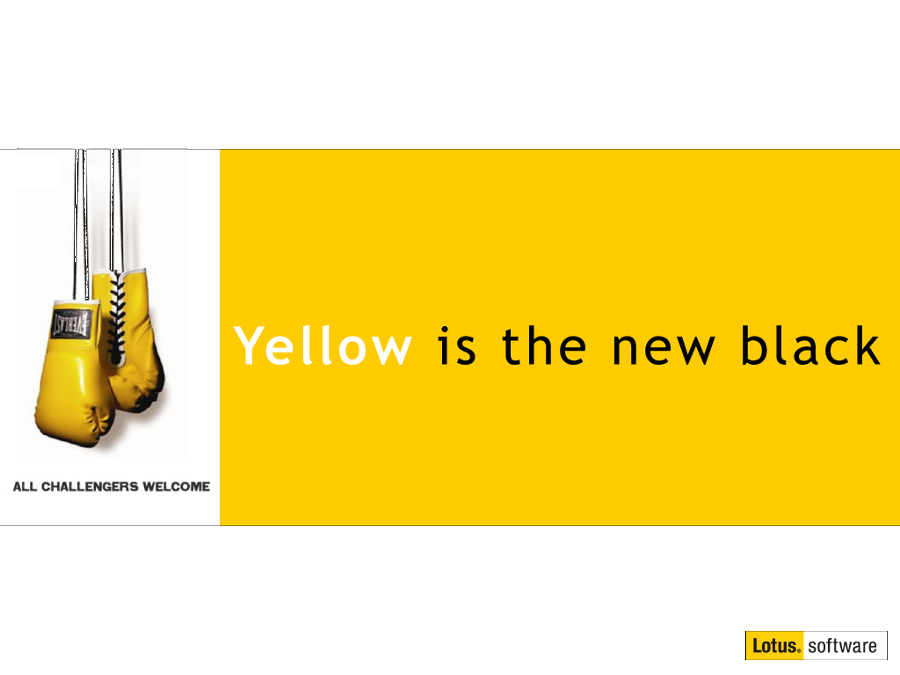The E7 has landed. Part 1: out of the box and off to work.
Mat Newman March 25 2011 00:37:31
A box arrived on my desk this morning courtesy of Nokia Australia. In the box was a brand new E7-00 business smart phone for evaluation purposes. According to Nokia, the E7 is summarised as:"A beautiful, innovative design with everything you need to stay in sync."
Unboxing revealed a device with a huge black screen, wrapped in an aluminium case glowing with metal brilliance. Yes, to a geek it can certainly be called beautiful. Hefting the device from it's packaging I was surprised at the weight - it is heavy - but that also immediately gives the impression of a solid, robust piece of technology.
I turned it over in my hands and pushed on the side to the sound of a healthy 'snap' that announces the screen has been flipped up to reveal the keyboard. I'm a huge fan of the form factor utilised by the E7. The combination of a real keyboard along with a perfect viewing angle when placed on a desk (or airline tray-table) is something I have become familiar with during the past couple of years due to my trusty N97.
Because of it's size - the E7 is thinner, longer and slightly wider than the N97 - the E7 has some distinct advantages over the older N97. That screen is not only large, it's clear, sharp and bright. We compared it to a new fruity phone 4 flavoured device both inside and outside, and the E7 not only had a brighter display, it was also visible from a wider viewing angle. The additional size compared to the N97 also means that there is a better keyboard layout with an additional row on the keyboard, better spacing between the keys and larger buttons. The key's also have a great 'feel' under your fingers.
Inside the box was also a charger, USB cable, earphones and the two special cables that went straight into the 'useful cables' pack that I take with me everywhere. One of these is the mini HDMI cable that enables you to plug the E7 directly into a screen/television/projector, the other is the USB attachment cable that allows the user to connect an external hard disk drive to the device. More on those later.
Interestingly (and unusual for Nokia) there was no separate battery in the box. The E7 is one of a new series of designs from Nokia that do not feature a removable battery. I'll reserve my judgement on that until I've used the phone for a few days.
With no cover to remove to insert the battery - which is normally also where the SIM card is located - I rolled the E7 around and spotted the SIM card slot on the left-hand-side of the device. A quick flick later and my SIM was inserted and the device powered on and running.
Immediately you notice that this is not the version of Symbian that currently runs on millions of existing devices. The E7 runs the latest release, Symbian ^3. The interface is familiar, but at the same time obviously more polished.
What's the first thing a Notes guy does with a new device, why - open a browser point it at your Lotus Traveler server of course! This is where I first noted the speed and performance of the E7, starting the browser, which prompted connecting to the Internet, choosing a connection method, configuring Wi-Fi and then browsing weren't the normal click-wait, click-wait affairs from previous versions of Symbian running on older hardware.
I was not disappointed with the performance of this miniature hand-held computer. The E7 is responsive, and flicking the device between portrait and landscape modes is virtually instantaneous.
This was also where the E7's keyboard really shines. It's simply not possible to enter server addresses, user names and complex passwords as fast using an on-screen keyboard, there's just too much switching between apha-number-special character modes to be as efficient as you can using the E7's dedicated keypad.
So the normal Lotus Traveler install went without a hitch (even running beta code from a beta server) and shortly thereafter my contacts from Lotus Notes, along with my Email, Calendar and TO-DO's (have I ever mentioned how important To-Do's are for Getting Things Done!) were all loaded on the device. Lotus SameTime followed shortly thereafter with similar ease.
The E7 also has an extended mail client (Nokia Mail) with support for OVI Mail, Yahoo, Gmail, Hotmail, M$ Exchange, IMAP and POP. The Nokia mail client extends support to HTML mail. Unfortunately this client is not utilised by Lotus Traveler on Symbian devices, although it can be used to access a Lotus Domino server using either IMAP or POP.
Once my primary software was configured it was time to 'Get Social and Do Business'. So the next point of call was the Nokia 'Social' application located on the home screen. Again, a couple of clicks a username and password later, and both Twitter and Facebook were up and running on the device.
I was immediately impressed with the new Nokia Social application. Like our own #WildFire plug-in for Lotus Notes, Social shows feeds from all of your configured networks in a single time-line, consolidating all of your social information onto one screen, with the ability to comment, respond, message and favourite any item within your social feed. It also integrates brilliantly into the contacts on the device, allowing the user to link social data directly into your existing contact records with just a few gestures.
At this point I had my important information configured on the E7 and it was time to get back to my day job. My E7 was configured and ready for business, total time from unboxing, just a few minutes. Which is how long it should take for a business class device to be ready for work.
The E7 has landed.
| Disclosure: Nokia Australia have provided me with the new Nokia E7 for evaluation and demonstration purposes. |


 Feeds
Feeds